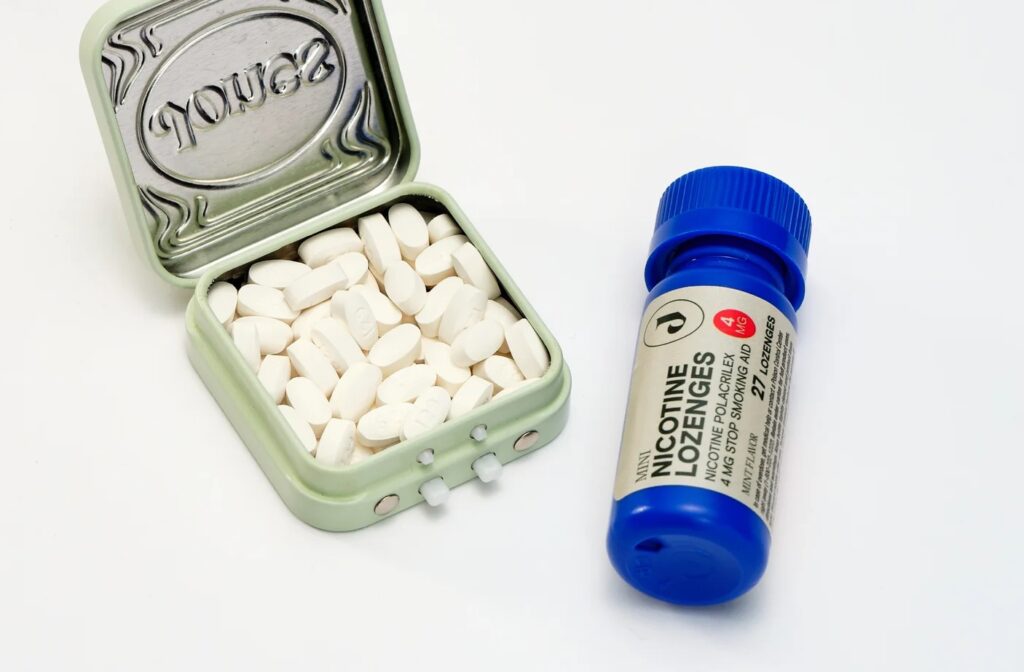A new generation is getting hooked.
What’s happening: Sales of oral nicotine pouches increased six-fold from 2019–22. Sold as a smoking alternative, pouches provide a nicotine fix without the harmful effects of tobacco.
But, spurred by TikTok influencers, teens are popping pouches for performance-enhancing benefits — prompting calls for a ban.
Social dilemma. The long-term effects of nicotine in isolation are understudied, leaving culture divided.
Some scientists—including Andrew Huberman and Peter Attia—say aside from increasing blood pressure, nicotine isn’t a health threat, and it may be a nootropic. Plus, pouch defendants argue they’re improving public health by reducing cigarette use.
But, critics warn the stimulant alters developing brain circuits and triggers addiction in teens.
Quit club. Smoking is still the leading cause of preventable death in the US, and quitting isn’t easy — making nicotine replacement therapy a $59.4B market.
Despite their messaging, pouches aren’t FDA-approved as a smoking cessation product, but other solutions are scaling.
- With $1.1M in pre-seed funding, Jones debuted FDA-approved nicotine lozenges and a community-driven digital app.
- B2B-focused Pelago (fka Quit Genius) has raised $78M for its virtual substance abuse clinic.
- Behavior change platforms Ditch Labs and Pivot (fka Carrot) combine tech, coaching, and community to wean users off.
Punchline: Nicotine’s impact isn’t clear, but the dangers of teens soliciting health advice from influencers are. And, more artificial dopamine won’t bode well for mental health.






